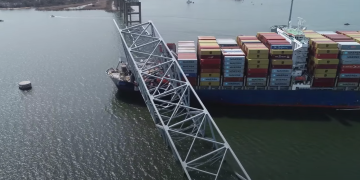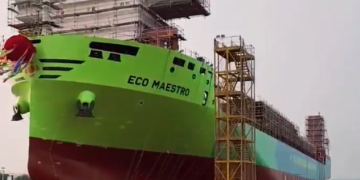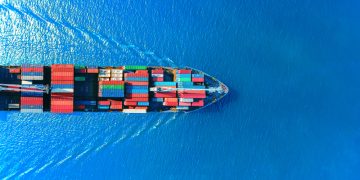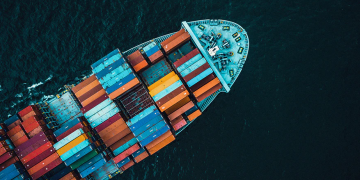IMO and SPC focus on safe transportation of dangerous goods and bulk cargoes by sea
Workshop focuses on raising awareness The London-based International Maritime Organization (IMO), in partnership with SPC, is running a workshop this week in Suva to assist Pacific Island member governments to meet their obligations with regard to national regulations concerning the safe transportation of dangerous goods and bulk cargoes by sea.Delivering his opening remarks to the delegates, Alfredo Parroquín-Ohlson of IMO said, 'As the world becomes increasingly industrialised and the industry itself becomes ever more complex, the transport by sea of dangerous cargoes will continue to rise and the lists of products classified as 'dangerous' will grow, too. It is essential, if shipping within the global world trade is to improve its safety record, that these cargoes are handled, transported and stored with the greatest possible care.'Accidents caused by inadequate stowage and carriage for the rigour of a sea voyage are not only costly in terms of loss of life and damage to the environment and property, but they also tarnish the image of shipping,' he added.The workshop focuses on raising awareness on the IMO-developed International Maritime Dangerous Goods (IMDG) Code and the International Maritime Solid Bulk Cargoes (IMSBC) Code.The latest edition of the IMDG Code (Amendment 34-08) entered into force ...
Read more




















































